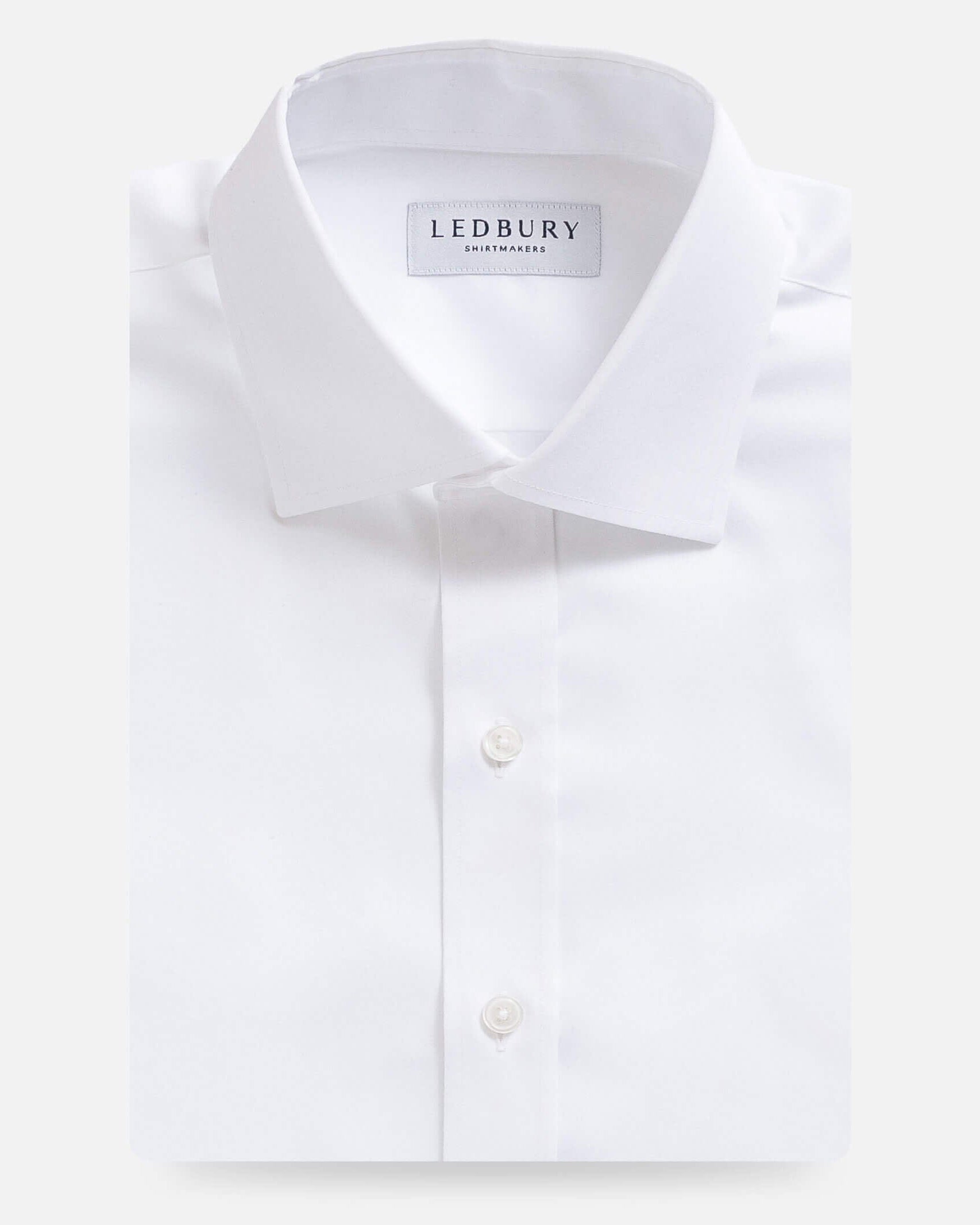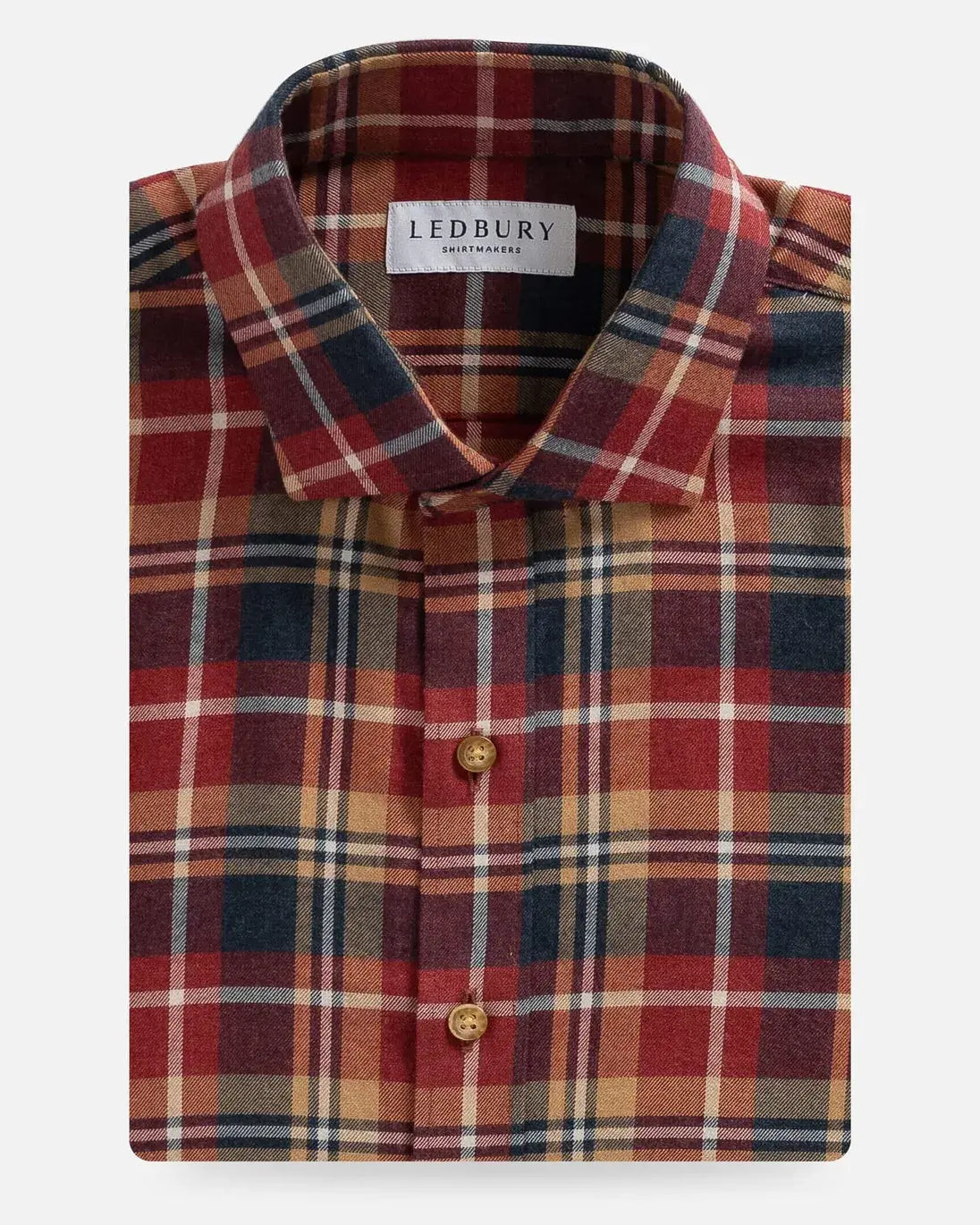





The appeal of the motorcycle is strong in American culture, and we suspect that it has a lot to do with this country’s built-in pioneering spirit. Selecting your course and sticking to it is a common theme on our blog, so we thought that we’d keep heading down that road. After giving this subject some more thought, we realized that no true discussion about pioneer grit could occur without a healthy dose of Johnny Cash. He was a true legend and an icon of not just music history but American spirit as well.
Along with co-conspirators
Waylon Jennings, Willie Nelson and Kris Kristofferson, Johnny Cash was no stranger to the Nashville system, but chose to operate outside of it. For Cash, his persona was more inline with that of anti-establishment rock ‘n’ roll than honky-tonk. He took to wearing all black during a time when the look of a country singer was clean cut and clichéd. Perhaps a major reason why Cash operated outside of the Nashville scene was because his music transcended it. Rather than producing music solely rooted within the genre of country, his musical influences stretched across a wide spectrum. Throughout the course of his career, not only did Cash perform music that was traditionally country-western, but incorporated elements of rockabilly, gospel, folk and blues.
Johnny Cash had a gift for storytelling, and his lyrics about hard times, whiskey, marriage, war, home, love, heartbreak and God resonated with a wide audience. Within this audience, Cash found a close connection to society’s underdogs. He perceived himself as an outlaw and was often empathetic to those who found themselves down on their luck and perhaps had made a few bad decisions along the way – something Cash was no stranger to as well.
In 1968, Cash embarked on a series of concerts at Folsom Prison, which only pushed his outlaw persona even further. At the prison, Cash found himself on a small stage performing songs in front of 2,000 enthusiastic inmates. When speaking on the concert, Cash reflected, “I gave them a stiff shot of realism, singing about the things they talked about, the outside, shooting, trials, families, escaping, girlfriends, and coming to the end. They knew it was for them.” The concert resulted in the live album,
At Folsom Prison, an immediate success that revitalized his career.
During the 80s and early-90s, it was decidedly cool to think Cash was un-cool. His music was no longer relevant. Around this time, Columbia Records dropped him from his recording contract. Fortunately for Cash, as well as the rest of us, the downward trajectory of his career was re-directed with the assistance of legendary hip-hop and rock producer
Rick Rubin. The collaboration resulted in the famed
American series. Under Rubin’s supervision, Cash recorded the songs for the albums in his living room, only accompanied by his Martin Dreadnought guitar. The albums feature Cash’s covers from contemporary artists, most notably, a soul-crushing rendition of Nine Inch Nails’ “
Hurt.” With all excess stripped, Cash’s distinct voice, guitar picking and delivery come across to listeners in a powerful way. When promoting the first album in the
American series, he would often describe the collection of music as his proudest album.
Although Cash passed away in 2003, his impact and legacy lives on. There will never be another Johnny Cash. No one will ever be able to fully replicate his voice and style of delivery. Cash was a prolific writer, he recorded over thousands of songs, and we’ve been fortunate to enjoy some posthumous releases as a result of this. Most recently, Cash’s son, John Carter Cash discovered previously discarded Columbia 1980s sessions. The result is
Out Among the Stars. In a testament to Cash’s influence, La Blogotheque released
a short film that features The Killers’ frontman Brandon Flowers, Father John Misty, and Local Natives covering songs from
Out Among The Stars.
For any artist, the balance of figuring out how to remain relevant while also staying true to your values is a constant struggle. During his long career, Cash traversed many peaks only to be consumed by the numerous valleys that followed. He could go from spending years at the top of his game, to years that saw him fading in-and-out of obscurity. Through it all; however, Johnny Cash remained authentic – a true pioneer, and an icon worthy of everyone’s attention.





 The appeal of the motorcycle is strong in American culture, and we suspect that it has a lot to do with this country’s built-in pioneering spirit. Selecting your course and sticking to it is a common theme on our blog, so we thought that we’d keep heading down that road. After giving this subject some more thought, we realized that no true discussion about pioneer grit could occur without a healthy dose of Johnny Cash. He was a true legend and an icon of not just music history but American spirit as well.
Along with co-conspirators Waylon Jennings, Willie Nelson and Kris Kristofferson, Johnny Cash was no stranger to the Nashville system, but chose to operate outside of it. For Cash, his persona was more inline with that of anti-establishment rock ‘n’ roll than honky-tonk. He took to wearing all black during a time when the look of a country singer was clean cut and clichéd. Perhaps a major reason why Cash operated outside of the Nashville scene was because his music transcended it. Rather than producing music solely rooted within the genre of country, his musical influences stretched across a wide spectrum. Throughout the course of his career, not only did Cash perform music that was traditionally country-western, but incorporated elements of rockabilly, gospel, folk and blues.
Johnny Cash had a gift for storytelling, and his lyrics about hard times, whiskey, marriage, war, home, love, heartbreak and God resonated with a wide audience. Within this audience, Cash found a close connection to society’s underdogs. He perceived himself as an outlaw and was often empathetic to those who found themselves down on their luck and perhaps had made a few bad decisions along the way – something Cash was no stranger to as well.
In 1968, Cash embarked on a series of concerts at Folsom Prison, which only pushed his outlaw persona even further. At the prison, Cash found himself on a small stage performing songs in front of 2,000 enthusiastic inmates. When speaking on the concert, Cash reflected, “I gave them a stiff shot of realism, singing about the things they talked about, the outside, shooting, trials, families, escaping, girlfriends, and coming to the end. They knew it was for them.” The concert resulted in the live album, At Folsom Prison, an immediate success that revitalized his career.
During the 80s and early-90s, it was decidedly cool to think Cash was un-cool. His music was no longer relevant. Around this time, Columbia Records dropped him from his recording contract. Fortunately for Cash, as well as the rest of us, the downward trajectory of his career was re-directed with the assistance of legendary hip-hop and rock producer Rick Rubin. The collaboration resulted in the famed American series. Under Rubin’s supervision, Cash recorded the songs for the albums in his living room, only accompanied by his Martin Dreadnought guitar. The albums feature Cash’s covers from contemporary artists, most notably, a soul-crushing rendition of Nine Inch Nails’ “Hurt.” With all excess stripped, Cash’s distinct voice, guitar picking and delivery come across to listeners in a powerful way. When promoting the first album in the American series, he would often describe the collection of music as his proudest album.
Although Cash passed away in 2003, his impact and legacy lives on. There will never be another Johnny Cash. No one will ever be able to fully replicate his voice and style of delivery. Cash was a prolific writer, he recorded over thousands of songs, and we’ve been fortunate to enjoy some posthumous releases as a result of this. Most recently, Cash’s son, John Carter Cash discovered previously discarded Columbia 1980s sessions. The result is Out Among the Stars. In a testament to Cash’s influence, La Blogotheque released a short film that features The Killers’ frontman Brandon Flowers, Father John Misty, and Local Natives covering songs from Out Among The Stars.
For any artist, the balance of figuring out how to remain relevant while also staying true to your values is a constant struggle. During his long career, Cash traversed many peaks only to be consumed by the numerous valleys that followed. He could go from spending years at the top of his game, to years that saw him fading in-and-out of obscurity. Through it all; however, Johnny Cash remained authentic – a true pioneer, and an icon worthy of everyone’s attention.
The appeal of the motorcycle is strong in American culture, and we suspect that it has a lot to do with this country’s built-in pioneering spirit. Selecting your course and sticking to it is a common theme on our blog, so we thought that we’d keep heading down that road. After giving this subject some more thought, we realized that no true discussion about pioneer grit could occur without a healthy dose of Johnny Cash. He was a true legend and an icon of not just music history but American spirit as well.
Along with co-conspirators Waylon Jennings, Willie Nelson and Kris Kristofferson, Johnny Cash was no stranger to the Nashville system, but chose to operate outside of it. For Cash, his persona was more inline with that of anti-establishment rock ‘n’ roll than honky-tonk. He took to wearing all black during a time when the look of a country singer was clean cut and clichéd. Perhaps a major reason why Cash operated outside of the Nashville scene was because his music transcended it. Rather than producing music solely rooted within the genre of country, his musical influences stretched across a wide spectrum. Throughout the course of his career, not only did Cash perform music that was traditionally country-western, but incorporated elements of rockabilly, gospel, folk and blues.
Johnny Cash had a gift for storytelling, and his lyrics about hard times, whiskey, marriage, war, home, love, heartbreak and God resonated with a wide audience. Within this audience, Cash found a close connection to society’s underdogs. He perceived himself as an outlaw and was often empathetic to those who found themselves down on their luck and perhaps had made a few bad decisions along the way – something Cash was no stranger to as well.
In 1968, Cash embarked on a series of concerts at Folsom Prison, which only pushed his outlaw persona even further. At the prison, Cash found himself on a small stage performing songs in front of 2,000 enthusiastic inmates. When speaking on the concert, Cash reflected, “I gave them a stiff shot of realism, singing about the things they talked about, the outside, shooting, trials, families, escaping, girlfriends, and coming to the end. They knew it was for them.” The concert resulted in the live album, At Folsom Prison, an immediate success that revitalized his career.
During the 80s and early-90s, it was decidedly cool to think Cash was un-cool. His music was no longer relevant. Around this time, Columbia Records dropped him from his recording contract. Fortunately for Cash, as well as the rest of us, the downward trajectory of his career was re-directed with the assistance of legendary hip-hop and rock producer Rick Rubin. The collaboration resulted in the famed American series. Under Rubin’s supervision, Cash recorded the songs for the albums in his living room, only accompanied by his Martin Dreadnought guitar. The albums feature Cash’s covers from contemporary artists, most notably, a soul-crushing rendition of Nine Inch Nails’ “Hurt.” With all excess stripped, Cash’s distinct voice, guitar picking and delivery come across to listeners in a powerful way. When promoting the first album in the American series, he would often describe the collection of music as his proudest album.
Although Cash passed away in 2003, his impact and legacy lives on. There will never be another Johnny Cash. No one will ever be able to fully replicate his voice and style of delivery. Cash was a prolific writer, he recorded over thousands of songs, and we’ve been fortunate to enjoy some posthumous releases as a result of this. Most recently, Cash’s son, John Carter Cash discovered previously discarded Columbia 1980s sessions. The result is Out Among the Stars. In a testament to Cash’s influence, La Blogotheque released a short film that features The Killers’ frontman Brandon Flowers, Father John Misty, and Local Natives covering songs from Out Among The Stars.
For any artist, the balance of figuring out how to remain relevant while also staying true to your values is a constant struggle. During his long career, Cash traversed many peaks only to be consumed by the numerous valleys that followed. He could go from spending years at the top of his game, to years that saw him fading in-and-out of obscurity. Through it all; however, Johnny Cash remained authentic – a true pioneer, and an icon worthy of everyone’s attention.











